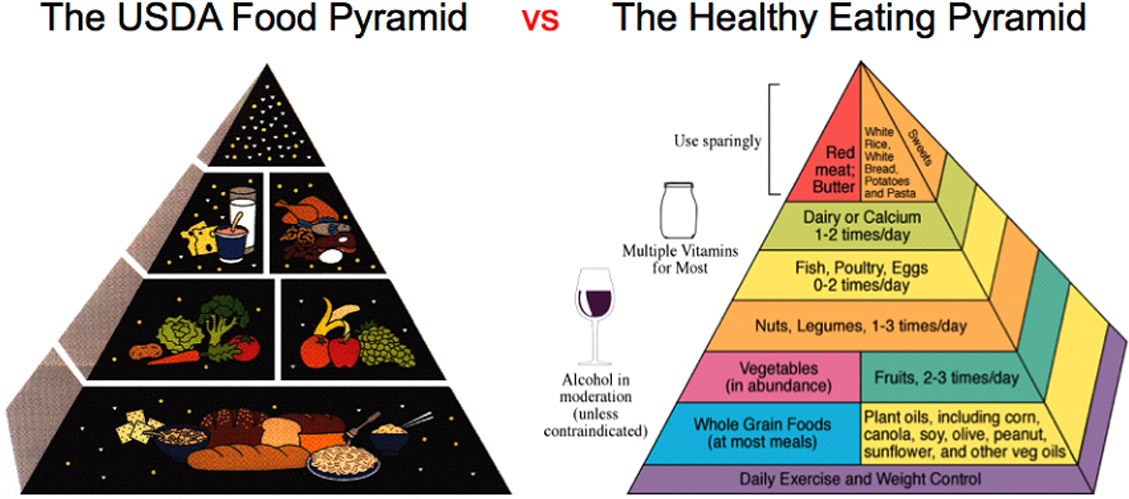With the COVID-19 epidemic showing no sign of retreat, it is apparent that our own health is the best defense after-all. The co-morbidity list points to obesity is a main issue with poor outcome from this viral infection. With the prevalent over-weight condition of our population, it is time to examine our dietary habit to reverse this worrying trend.
The current USDA recommendation of over 60% carbohydrates in our macro-nutrient’s intake is very likely the culprit. Even taking into consideration of high GI versus low GI (Glycemic Index) this ratio is still too high as protein also stimulates Insulin secretion besides carbohydrates. High Insulin output, leading to Insulin resistance and then Leptin resistance is the leading cause for weight gain and type 2 diabetes. These lead to metabolic syndrome and co-morbidities of COVID-19.
Fibers have been removed from refined carbohydrates with a resultant rapid spike of the Insulin output after ingestion. Table sugar has 50 % fructose content which does not lead to Insulin spike, but is metabolized in the liver with production of triglyceride (fat). High Fructose Corn Syrup, which is prevalent in non-whole food products, causes more fat production due to the increase in Fructose content. It is obvious that weight loss comes after reduction in consumption of refined carbohydrates, sugar and fructose.
A low carbohydrate diet, moderate protein intake and increase in healthy fat consumption is my recommendation of choice. It reduces oxidative stress from Insulin spike. Reduction of inflammation is achieved by eliminating seen oils, which cause inflammation and is commonly used in production of highly processed junk food.
By extending the intermittent fasting (not eating) that we normally do during sleep, blood Insulin and blood sugar are kept at lower optimal level for most of the day. Our body will go through a process of fat adaptation and switch over to using the stored fat as a source of energy, rather than just carbohydrates. With reduction of fat storage, weight loss is achieved.
Healthy fat helps to keep one feeling full, it is also essential for absorption of fat-soluble vitamin A, D, E and K. It is the same reason why these vitamins are not readily available in obesity, as they are trapped inside the fat cells. Here is a partial list of healthy oils:
Avocado, avocado oil, blue cheese, Brie cheese, butter, cocoa butter, coconut butter, cream cheese, duck fat, egg yolks, ghee, macadamia oil, MCT oil, olive oil and whole cream.

